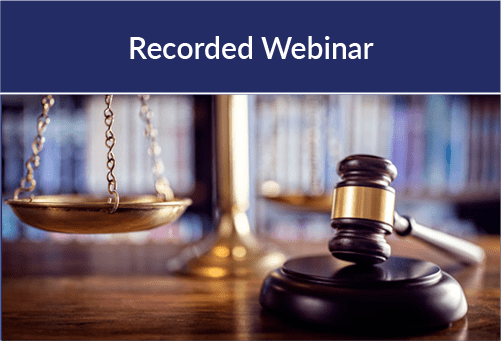


Findings from in-depth interviews with eighteen women who had been convicted of molesting children will be discussed. Receive updated information on these women to include cases from across the nation as well as data from other recently published material on this topic. Chief Carson will discuss his five distinct offender typologies for female child molesters that were first published in 2006.

The crucial role of law enforcement in preparing for the use of evidence by forensic interviewers during a forensic interview will be examined. Good preparation is essential to make the process go smoothly and maximizes positive outcomes for both the victim and the investigation.

How to present evidence to children during a child forensic interview done in both a legal and ethical way will be examined. Learn the process of presenting evidence from the point of view of being able to defend the practice.

Motivational Interviewing is a style of interaction that is client-driven and supports individuals in the healing and change process. There is significant research in the health, education and criminal justice fields that supports the use of motivational interviewing in addressing the needs of victim/survivors and offenders, providing support and helping to facilitate change. Motivational Interviewing (MI) is a trauma-informed interviewing/interacting technique that focuses on creating supportive, meaningful and strategic conversations. During the webinar, you will gain understanding of the context of evidence-based practices within which to have these conversations and leave the participants with practical skills to engage in short and effective conversations to initiate, or facilitate, the process of behavior-change and effective support. These skills are valuable, effective, and are considered an evidence-based practice in criminal justice.

Explore motivational interviewing as a trauma-informed interviewing/interacting technique that focuses on creating supportive, meaningful and strategic conversations. Examine how motivational interviewing supports victims/survivors in the healing process and offenders in the behavior change process. Review evidence-based practices as the context to have these conversations in.

Criminal records of sex trafficking victims are known barriers to exiting sex trafficking situations. The link between committing crime while being a victim of sex trafficking, called forced criminality, has received little research attention. One aspect of forced criminality in sex trafficking situations includes ‘trick rolls’ which are the robberies of sex buyers. With the purpose of exploring forced criminality, this study examined 467 trick roll cases which are robberies conducted in a prostitution situation perpetrated by the sex seller, during one year in Las Vegas, Nevada. Trick roll cases involving sex trafficking victims were found to be more likely to involve multiple suspects (including their sex trafficker), begin at a bar/club or casino floor, involve the theft of more valuable items, more likely involve a weapon, and more likely to involve the injury of the sex buyer.

Explore how different types of evidence can be used in forensic interviews of children in abuse, witnessing violence and exploitation cases. Learn how to present different types of evidence in the context of a child-centered, trauma-informed, and legally defendable forensic interview approach. Discuss the implications of presenting child sexual abuse material (CSAM). Practice techniques and develop skills to present different types of evidence in child forensic interviews.

It is important for forensic interviewers to know the full extent of their options when transitioning to a topic of concern or focusing a child on information that is known outside of the forensic interview. This information, often called externally verifiable information, can be used in a legally defensible manner when interviewers assess and apply the information after critically thinking about its use. This presentation will offer some guidance on how to assess externally verifiable information. Research-based interview approaches will be discussed. Participants will do activities that enhance critical thinking.

In preparation for meeting with victims, forensic interviewers routinely assess for any potential barriers that might impact what happens during the interview. A potential barrier that is often overlooked is consideration for where that victim might be in the disclosure process and what implications that could have during the forensic interview. Participants in this training will gain an increased understanding of the various stages of the disclosure process and learn strategies to engage with victims in a productive and meaningful way at the various stages of the disclosure process.

Children are often prepared for other types of appointments: doctor visits, dentist visits, therapy; so how do we adequately prepare a child for a forensic interview? What should we share with them and how to do so in a child friendly manner? Learn the best ways to adequately prepare a child, post disclosure, for their forensic interview.
